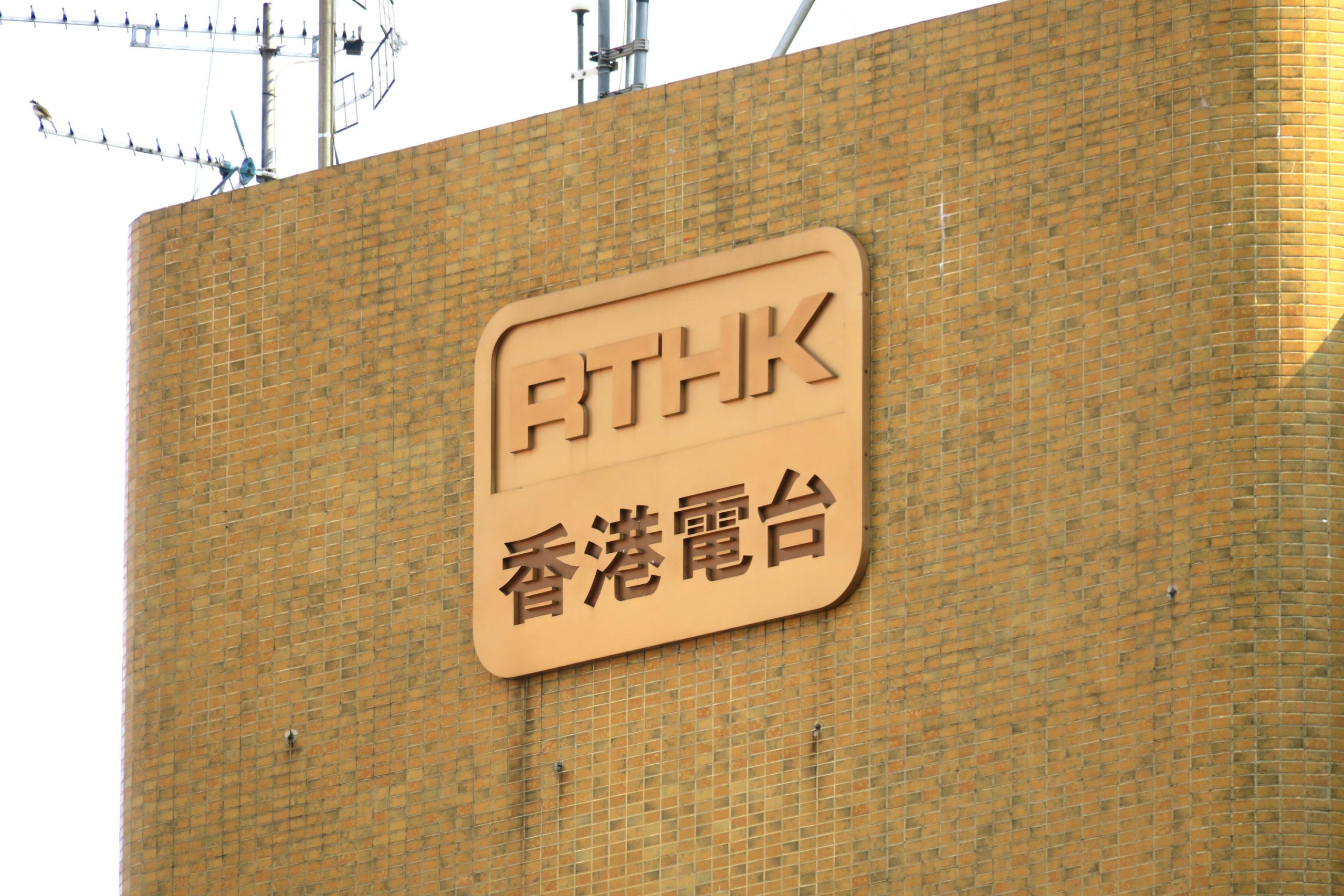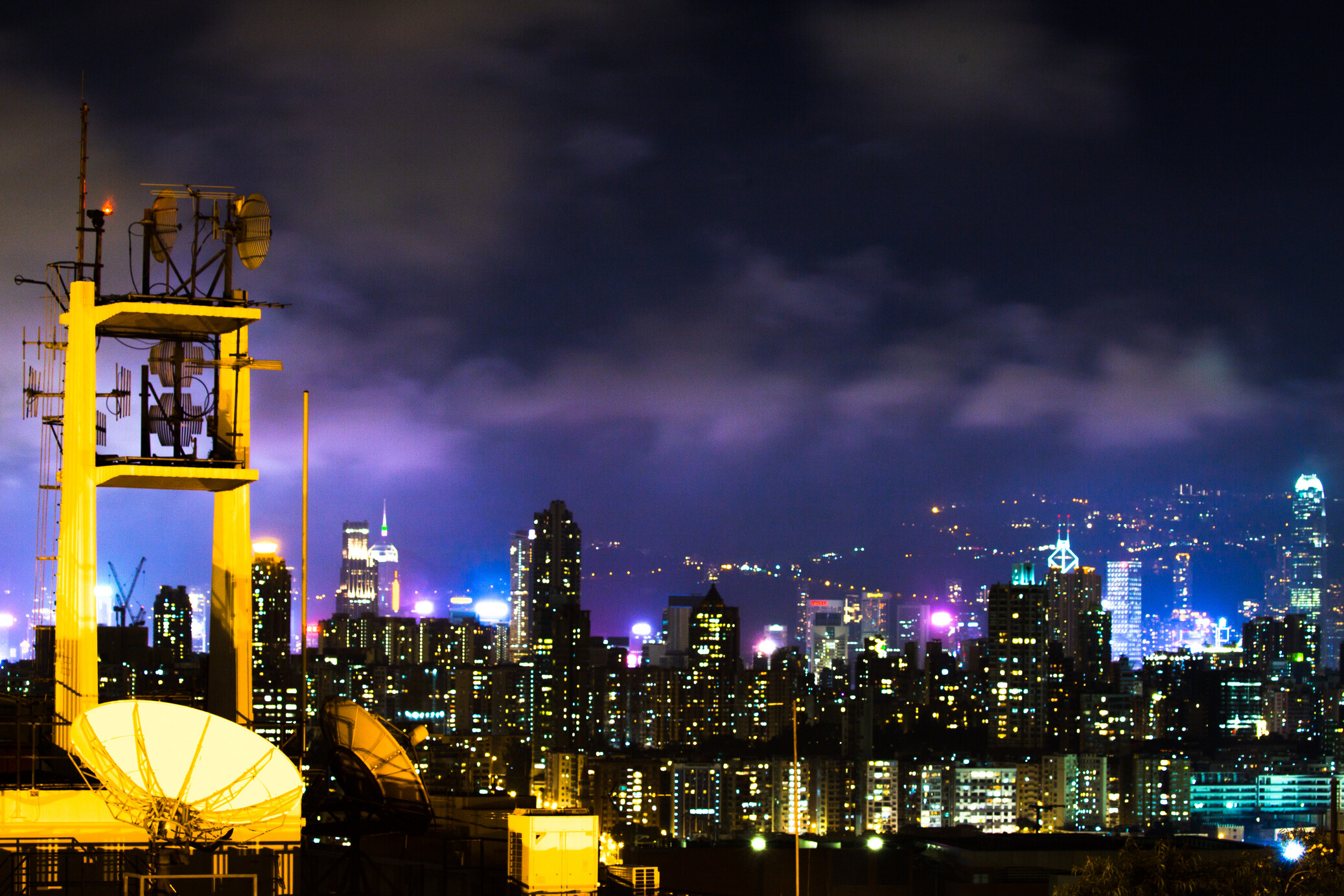RTHK’s new head signals broadcaster’s continued decline
22nd August 2022
The appointment of a senior civil servant illustrates what has become a revolving door between the government and the once-independent public broadcaster.

Eddie Cheung has been appointed as the head of the broadcaster, RTHK. According to the Hong Kong Foreign Press, Mr. Cheung is currently the Special Representative for Hong Kong Economic and Trade Affairs to the European Union and has no media experience.
According to analysts reported in the South China Morning Post, it is likely due to his previous experience as a civil servant, promoting Hong Kong overseas and internationally, which has led to his appointment. RTHK’s standing as an independent public service media organisation has deteriorated significantly since the passing of the National Security Laws in 2019, which has seen its independence and editorial freedom severely limited by the state.
Read more: Hong Kong: The dire state of public media
The position has been vacant since the departure of Patrick Li in July. Mr. Li’s appointment brought with it the demise of RTHK as he instituted programming changes, fired staff, and implemented new editorial guidelines which compromised the broadcaster’s independence.
Mr. Li was subsequently made the new Permanent Secretary for Security. The revolving door between the government and RTHK, first with Mr. Li and now with Mr. Cheung, represents how RTHK is now an extension of the government, firmly under the control of the authorities.
According to Reporters Sans Frontiers (RSF), Mr. Cheung has been actively involved in the Hong Kong government’s action of sending complaint letters to international media organisations for their coverage of Hong Kong. Mr. Cheung has signed at least 58 letters, according to RSF analysis.
“By appointing at the head of RTHK a bureaucrat involved in a smear campaign against international media, the Hong Kong government once again demonstrates its total disregard for the public’s access to independent information”, said the head of RSF East Asia Bureau, Cédric Alviani.
“Anyone who just talks about serious political issues will be targeted, even if you just make light-hearted, satirical comments” – Tsang Chi-ho, the host of the cancelled satirical programme, Headliners
This comes at a time when independent media continues to feel the strain and pressure of freely reporting and holding power to account. The head of the Apple Daily newspaper, Jimmy Lai, is expected to plead not-guilty to national security charges. Meanwhile, anchors at Commercial Radio have been denounced by a Chinese Communist Party-backed media organisation for “spreading poison”, “publish[ing] anti-China speeches betraying Hong Kong and misleading its people.”
According to Radio Free Asia (RFA), the article said a complaint had been made by a pro-CCP group to Hong Kong’s Communications Authority, calling on the authority “to strictly supervise the media and not allow the station to arbitrarily invite guests who spread anti-government messages and hate speech against the Hong Kong and Chinese governments.”
#HongKong: RSF is concerned by the appointment of Eddie Cheung as head of Radio Television Hong Kong (RTHK), territory’s former representative to the European Union, who in his previous position was involved in smear campaign against international media. https://t.co/nNY8U8VXBa
— RSF (@RSF_inter) August 16, 2022
Tsang Chi-ho, the previous host of the show Headliners (a satirical programme on RTHK which was cancelled in 2021), told RFA these denunciations were made against comedians as well as political commentators. “It sends the message that anyone who just talks about serious political issues will be targeted, even if you just make light-hearted, satirical comments.”
The Public Media Alliance has witnessed RTHK undergo a distressing and depressing slide from independence to state controlled since the passage of the National Security Laws. While Mr. Li, the person who presided over this decline, has now left, this does not represent any hope. Rather, the new appointment exemplifies the close relationship which now exists between authorities and RTHK. There is little opportunity or sense of optimism that things might improve, and the same can be said for the wider state of media freedom in Hong Kong.
Related Posts
6th January 2022
Hong Kong: Media freedom concerns persist into 2022
Raids and closures of independent news…
3rd November 2021
Hong Kong: Guise of national security interests continues to restrict life and media
A new film censorship bill threatens…

